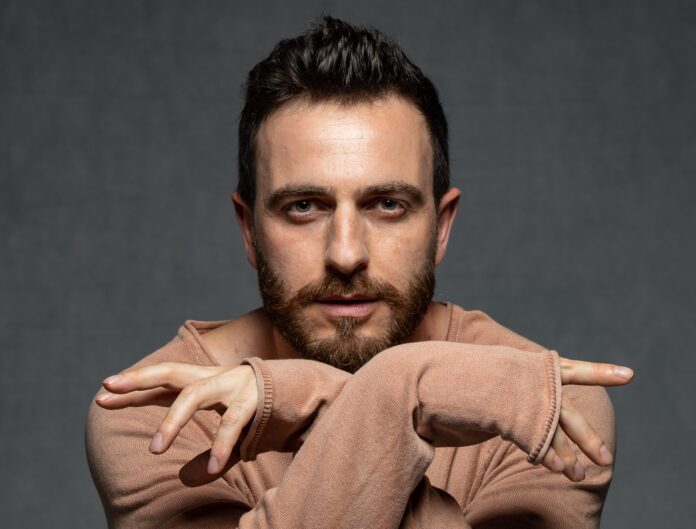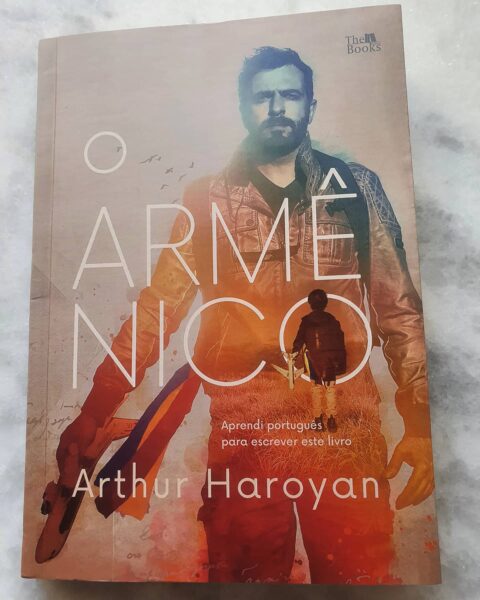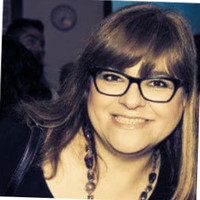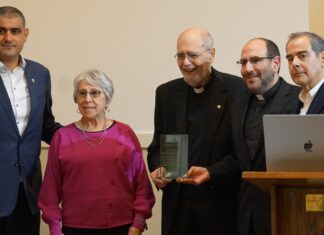YEREVAN — Actor and director Arthur Haroyan was born in Vanadzor, Armenia and studied at the Russian Language and Literature Department of the Pedagogical Institute. From 1999 to 2008, he worked at the Hovhannes Abelyan State Drama Theater of Vanadzor, acted in the plays “Autumn Sun,” “Bolero,” “Don’t Keep, Don’t Throw Away,” “Forty Days of Ascension” and “Metastasis,” among others. He has been living in Brazil since 2008. In 2011, he studied at the Theater and Television School of São Paulo. In the same year, he founded the “Arka” theater group, which he is managing to date. He has acted in Brazilian commercials, TV series and movies.
I had seen Arthur in an episodic role in the short film “Dehatsi: I was Another Place” by Brazilian-Armenian director Tatiana Boudakian. Last July, knowing that he was in Yerevan, I did not miss the opportunity to meet him.
Arthur, they say, it is hard for actors everywhere. And if you work outside your own country, it is even more difficult.
That is right. Especially the pandemic showed that, unfortunately, the actor’s profession is not so necessary. It was difficult for everyone, but the pandemic period was especially difficult for actors. There were no shoots, no performances, and naturally, there was no money. That’s why I started presenting meals from my grandmother on the Mexican “Like at home” cuisine TV channel, before that already gained such experience on the Brazilian TV. Now I have started working again, filming, and my theater troupe, “Arka,” which has been operating for 12 years. I deliberately wanted to have a name related to Armenia, because in Brazil they do not know anything about Armenia, but they know about Noah’s Ark. We have a metro station in São Paulo named Armenia, but people don’t care why it has that name. After knowing where I am from, people sometimes ask: “Are you from Armenia station?” And I say: “Yes, I was born in a wagon, I grew up in the subway” (laughs).
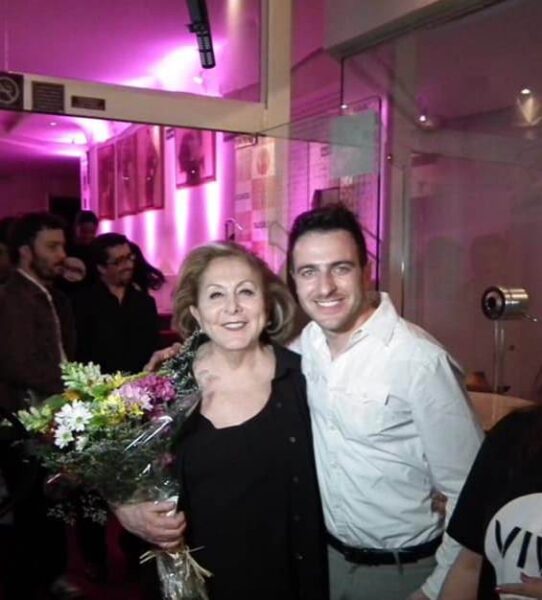
And how did a boy from Vanadzor end up in distant and exotic Brazil?
I wanted to study at the Yerevan Theater and Cinema Institute, but according to the stereotypes of our traditional family, a boy should not be an actor; actors do not have a good reputation, they do not marry, they are alcoholics. Therefore, my parents forced me into the highway department of the rural technical school, where I was supposed to become a traffic cop! But I was already working secretly in the Abelyan theater. In the mornings my parents used to watch me from the window, I would take the road to the technical school, but then I would deviate and go to the theater. I did not go to class for six months, and when my parents learned about it, my father forbade me to go to the theater, so I ran away from home, lived in the theater for a while. After serving in the army, I was admitted to the Russian language and literature department of Vanadzor Pedagogical Institute, which was closer to me. But I dreamed of becoming an actor and being obsessed with Brazilian soap operas, it had to be only in Brazil. And it happened. I received acting education already in São Paulo. When I first went to Brazil, I only knew a few words in Portuguese, learned from TV shows and dictionaries – I do not even understand how I graduated.



